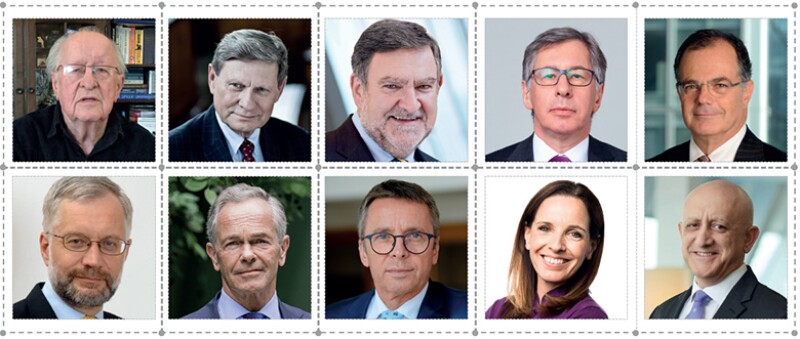
 |
As well as Euromoney’s half-century, this year marks the 30th anniversary of the fall of the Berlin Wall.
The three decades since the momentous events of late 1989 have seen unprecedented change in central and eastern Europe.
Communist states have been transformed into market economies. The wealth of nations has passed from public ownership into private hands. Functioning capital markets have mushroomed in the furthest reaches of the former Soviet Union. Banking sectors have emerged, collapsed and been rebuilt.
To celebrate this extraordinary journey, we asked 10 of the men and women who led the transformation of emerging Europe for their perspective on the events that shaped the economic and financial landscape of the region.
They are: Viktor Gerashchenko, Soviet and Russian central bank governor; Leszek Balcerowicz, the architect of Poland’s post-communist reforms; Herbert Stepic, founder of Raiffeisen’s CEE empire; Petr Aven, billionaire head of Russia’s Alfa-Bank; András Simor, post-socialist investment banker and governor of Hungary’s central bank; Grigory Marchenko, two-time Kazakh central bank governor and market reformer; Andreas Treichl, Erste’s emerging Europe guru; Ivan Miklos, the man behind Slovakia’s economic transformation; Karine Hirn, co-founder of pioneering investment firm East Capital; and Ilhami Koç, long-serving head of Turkey’s foremost investment bank.
